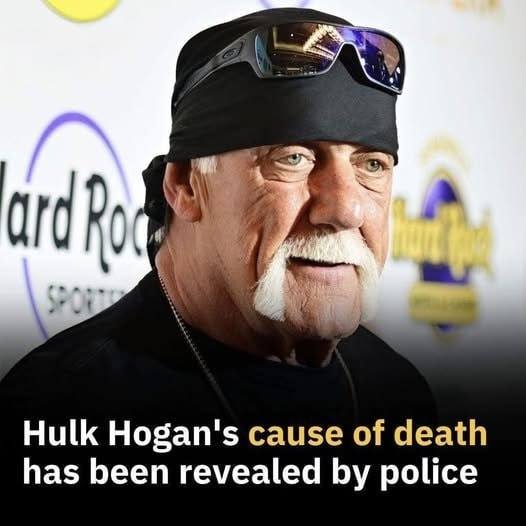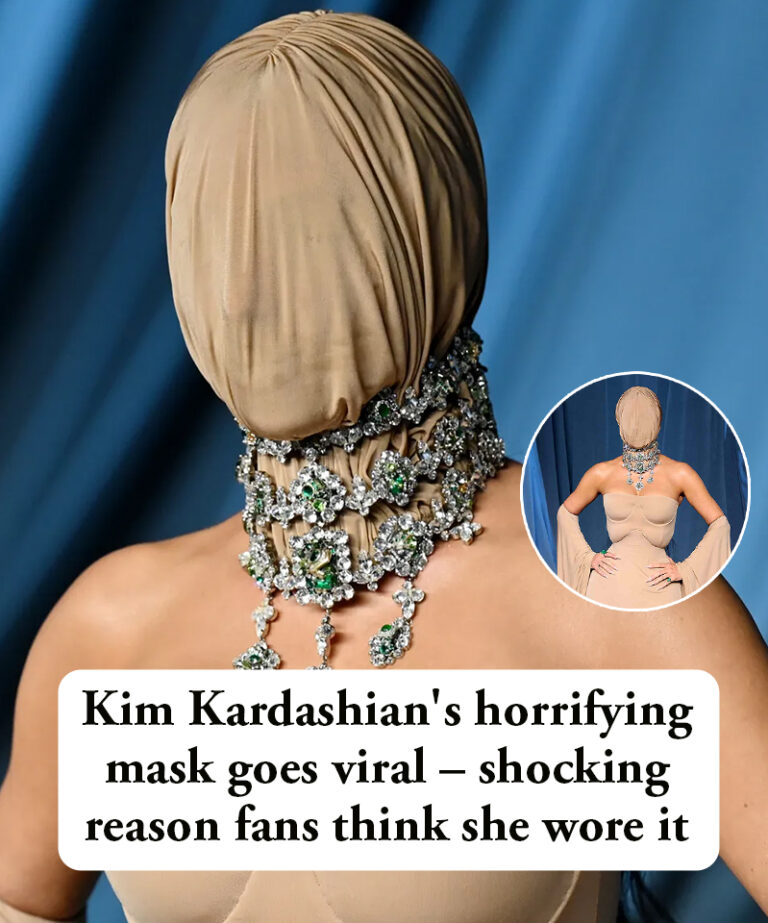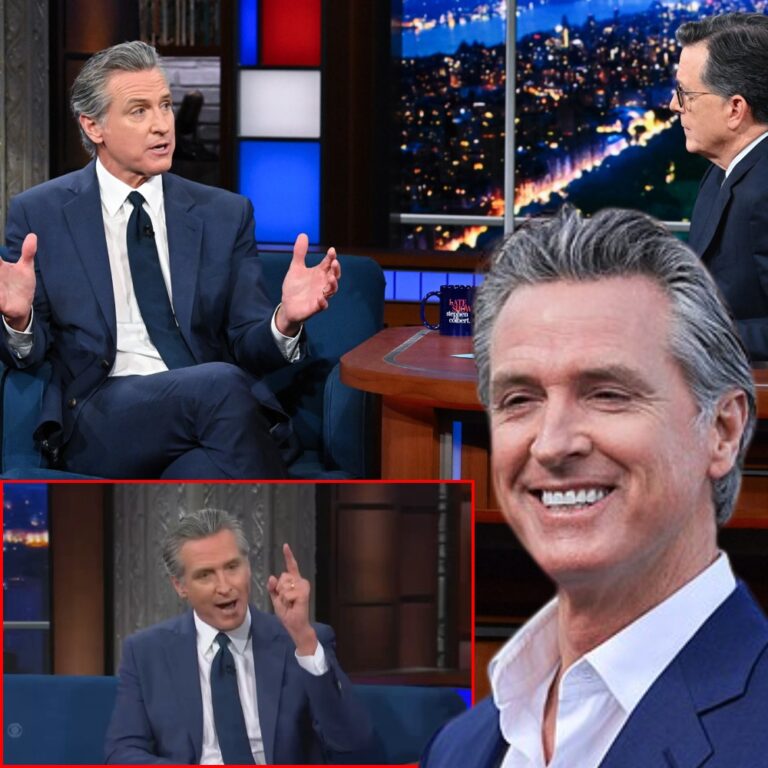
The world of sports entertainment is mourning the loss of one of its most iconic figures. Hulk Hogan, born Terry Eugene Bollea, has passed away at the age of 71 following a reported cardiac arrest at his home in Clearwater, Florida. Despite rapid response efforts and hospital care, Hogan was pronounced deceased shortly after his arrival.
Known for his unmistakable mustache, red and yellow gear, and larger-than-life personality, Hogan wasn’t just a professional wrestler—he became a global pop culture phenomenon. Rising to fame in the 1980s, he helped bring professional wrestling into the mainstream, capturing the imagination of millions with his energy, charisma, and unforgettable catchphrases like, “Whatcha gonna do when Hulkamania runs wild on you?”
Hogan’s passing has led to an outpouring of tributes from fans, fellow athletes, and entertainers around the world. WWE, the company where Hogan rose to fame and cemented his legendary status, released a statement honoring him:
“WWE is saddened to learn that Hall of Famer Hulk Hogan has passed away. Hogan played a pivotal role in helping WWE achieve global recognition in the 1980s and beyond. Our condolences go out to his family, friends, and fans.”
Hogan’s journey to stardom began in 1983 when he joined what was then the World Wrestling Federation (WWF). Within a year, he claimed the WWF Championship and quickly became the centerpiece of the organization. Over his multi-decade career, he headlined eight WrestleMania events and helped elevate wrestling from regional popularity to global entertainment.
His talents weren’t confined to the ring. Hogan starred in several films, made frequent television appearances, and became a recognizable figure across entertainment platforms. His success opened doors for future wrestlers to cross over into acting and mainstream media.
Hogan’s last in-ring appearance came on January 6 of this year—a nostalgic moment for fans who had followed his career from the beginning. Despite stepping back from regular appearances, he remained a respected and celebrated figure in the wrestling community.
Like many public figures, Hogan’s life included both triumphs and challenges. In 2015, he faced public scrutiny following the emergence of past controversial comments. After offering public apologies and participating in efforts toward reconciliation, he was reinstated into the WWE Hall of Fame in 2020. While this chapter brought criticism, it also highlighted the complexity of public legacies and the importance of accountability and growth.
In recent months, some fans speculated about Hogan’s health, but his family had reassured the public that he was in recovery and doing well. His sudden passing has taken many by surprise.
Tributes have poured in from around the world. Dwayne “The Rock” Johnson called Hogan “a childhood hero and a legend,” while John Cena credited him with laying the foundation for wrestling as we know it today. Social media platforms have filled with memories, video clips, and personal stories from fans who grew up during the height of “Hulkamania.”
Throughout his life, Hogan embodied a blend of strength, showmanship, and enduring fan connection. Whether teaming with Randy Savage in the Mega Powers, facing Andre the Giant in one of wrestling’s most iconic matches, or revitalizing his career with the nWo in WCW, his moments in the spotlight left a lasting impression.
Hogan’s impact spans generations. He helped transform wrestling into a global spectacle and inspired countless fans and future wrestlers. While his career was marked by both celebration and controversy, his contributions to the sport are undeniable.
As the wrestling community reflects on his legacy, one thing is clear: Hulk Hogan wasn’t just a performer—he was a symbol of an era. His memory lives on in the hearts of fans who cheered, celebrated, and dreamed alongside him.
Rest in peace to a legend of the ring.



